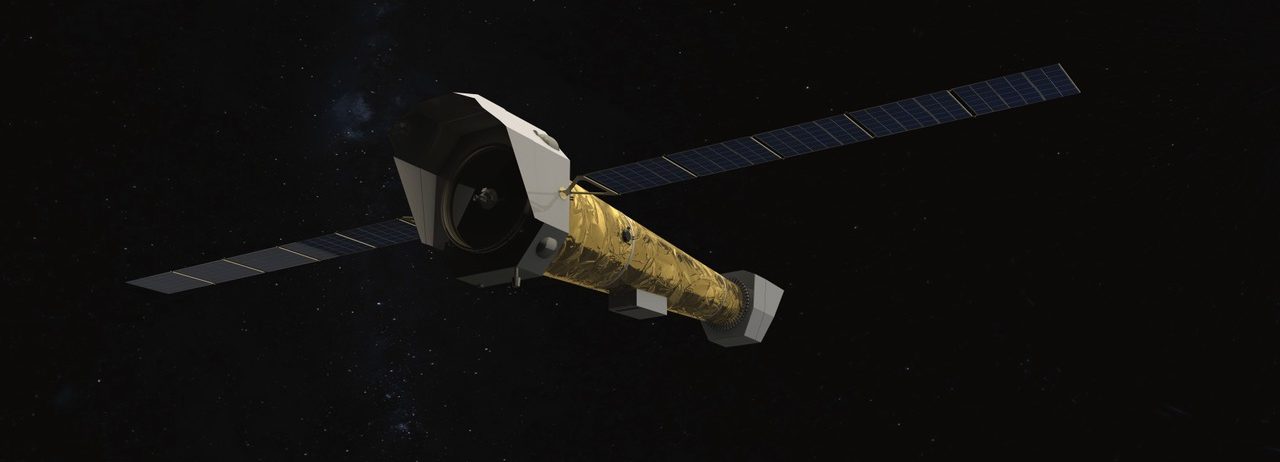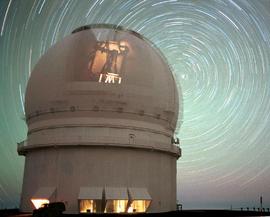The Athena X-ray observatory
le 10 septembre 2021, 11h à 13h, Didier Barret, salle de Conférence, IRAP, Roche site
Athena is the second large mission of the Cosmic Vision science program of the European Space Agency. Dedicated to the study of the Hot and Energetic Universe, Athena will carry a large aperture X-ray telescope, and two complementary focal plane instruments: the Wide Field Imager (WFI) and the X-ray Integral Field Unit (X-IFU). I will briefly recall the prime scientific objectives of Athena and describe the mission profile and the science payload, emphasising on its X-IFU, whose breakthrough capabilities will contribute to make Athena the most powerful X-ray observatory ever launched. I will conclude my presentation by recalling the history behind the mission, the key steps that led to its selection, and the organisation in charge of building the observatory.






